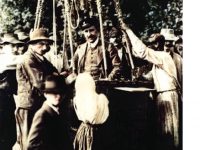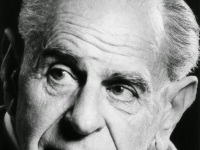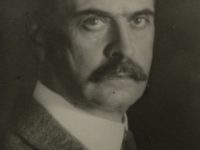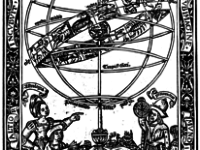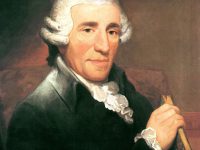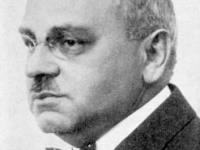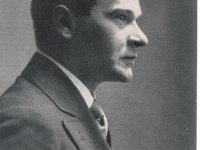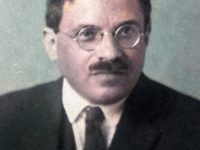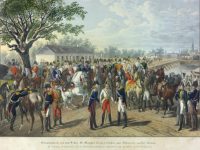Victor Franz Hess and the Cosmic Radiation
On August 7, 1912, Austrian physicist Victor Franz Hess provided evidence of a high-altitude radiation in one of his balloon rides, which later was called cosmic radiation. Together with Carl Anderson, he received the 1936 Nobel Prize in Physics for the discovery of cosmic radiation. What causes Ionization of the Air? Victor Franz Hess was educated in Graz, Austria. There, he attended the grammar school and the University of Graz. At the Physical…
Read more

